Why #ReclaimHerName is White Feminist Bullshit
Photography from the Women's Prize for Fiction.
Earlier the Women’s Prize for Fiction, in partnership with Bailey’s, announced that they were rereleasing the novels of 25 female authors with brand new covers and publishing them under their ‘real’ names. Authors such as George Eliot, whose novel Middlemarch is consistently in lists of the best British novels, have had the names they were born with ‘revealed’ to the public in an effort to highlight that these novels were actually written by women. Which in theory is a noble pursuit, as changing the traditional canon of works in the English language from being predominantly white and male is work that needs doing is constantly being done. However, there is something about this particular campaign that doesn’t sit right with me.
“For a start, the whole concept of ‘reclaiming’ something that doesn’t belong to oneself is problematic”
For a start, the whole concept of ‘reclaiming’ something that doesn’t belong to oneself is problematic. While #ReclaimHerName makes a nice hashtag and sounds lovely said aloud, what does it actually mean? To ‘reclaim’ is to take ownership of. To recover. For some of these women, it would have held the meaning of redeeming or reforming; usually ‘fallen women’ who were involved in the sex trade or who had found themselves outside of a family unit. All of these suggest an active participant and a passive subject or object. So in ‘reclaiming’ the birth names of authors who chose to use nom de plumes, we are removing their agency. Ironic, considering the supposed aim of this campaign. Those who are having their names ‘reclaimed’ have had no say in the matter. It was not their choice and although some of them have living relatives involved, such as Arnold Petri’s daughter, we can never know exactly how these women would have felt about this, in this particular moment in time.
“The heart of the issue is that at least some, if not many, of these 25 authors actively chose to write under a pseudonym. ”
The heart of the issue is that at least some, if not many, of these 25 authors actively chose to write under a pseudonym. For them, choosing not to write under their ‘own’ names didn’t come from a place of oppression or just to improve their chances of getting published. For example, Sui Sin Far/Mahlon T Wing was born Edith Maude Eaton yet wrote under a Chinese name as a way of reclaiming her Chinese identity. It may have even harmed her chances of being published, writing as she was in the late 19th and early 20th centuries. Growing up mixed race in Canada before moving around the USA, she wrote about being Chinese in North America, and specifically about being a Chinese woman in a white man’s world. She wrote many works anonymously and seems to have only published one work under Mahlon T Wing (if she even wrote those), the book chosen to be part of #ReclaimHerName. This book just happens to be about Chinese/white relations in regards to smuggling people out of the country and contains what is commonly considered a slur in the title. By publishing her work under her ‘white’ name, conveyed upon her by her white British father, you strip her of her identity as a Chinese woman and place this particular work into a bizarre place where it becomes more offensive by having a white sounding name on the cover.
How about another author in this collection, one very close to my heart – George Eliot. A fellow Midlands girl, Eliot actively chose to write under a nom de plume. At the time she was writing, women such as Elizabeth Gaskell were writing under their own names and finding success, so this didn’t come from a place of oppression. Eliot instead wanted to have her books read as they were, instead of as ‘women’s writing’ which solely concerned romance. She also wanted to separate her fiction from her other work as a critic and journalist. Consider the aforementioned Middlemarch; read through a lens of ‘women’s writing’ it could solely be seen as a romance, about frustrated women who find themselves trapped by their love lives. But with that stereotyping removed, Middlemarch becomes much more complex, considering industrialisation, religion and political reform, among many other themes. After the publication of her first novel, Adam Bede (1859), Eliot was forced to reveal her identity as Mary Ann Evans because a man called Joseph Liggins was claiming to have written it. At this point, Eliot could have started to publish under her other name. She did not. It could no longer be said that she was using her pseudonym to separate her novels from her unconventional life, cohabiting with a man who was not her husband and was actually married to someone else, or that she wanted to be able to get her work published. She actively chose to write under George Eliot and who are we to reverse that decision 140 years after her death?
Yet other women who have been chosen to have their names ‘reclaimed’, actively blurred the boundaries with how they presented themselves on a day to day basis. Both Vernon Lee and George Sand dressed as men throughout their lives, Sand in a time when women needed to obtain a special permit to wear masculine clothing. She chose not to get a permit and wore masculine clothing anyway, choosing the sturdier, more comfortable male clothes of the day. Vernon Lee, born half a century later was an engaged feminist, a pacifist and a lesbian who always dressed as a man. This playing with gender presentation alongside a choice of male pseudonyms suggests that there is more going on here than the Women’s Prize campaign allows space for there to be.
Then there’s the issues with some of the authors themselves. Should we be celebrating all of these women? Just because a woman wrote a successful novel under a male nom de plume, doesn’t mean we need to applaud them. Frank Danby was the pseudonym of Julia Frankau, an Irish woman who married a Jewish merchant and then went on to write a highly anti-semitic first novel - Dr Phillips: A Maida Vale Idyll (1887). Even at the time of publication it was heavily criticised for how repugnant Danby had made all of her Jewish characters. Although another novel, Twilight (1916) was chosen for the collection, this whole campaign is designed to get readers to explore the works of the authors included and so this begs the question of whether we should be pointing readers towards Danby’s other novels.
“Historically, women’s writing has been underpaid, underrepresented and undervalued. ”
One final point - all of the 25 novels are also being given away as free downloads on the Bailey’s website. Bailey’s, a stereotypical female drink, is hosting the free downloads of women’s writing, which is often seen as less important than men’s and less valuable. Free downloads seems like a great idea – get more people reading women! – in reality it reinforces the notion that women’s writing does not deserve your money. Historically, women’s writing has been underpaid, underrepresented and undervalued. Think of the ‘chick lit’ that you always see on offer in your local bookstore or at the airport. Women, especially women of colour, are less likely to get big advances; for example Jesmyn Ward had to fight to get a six figure advance for her third novel, Sing Unburied Sing (2017), despite her previous one Salvage the Bones (2011) winning the National Book Award for fiction. White women fare slightly better, such as Lydia Kieslig receiving $200,00 for her debut The Golden State (2018) - though her previous life as a literary critic and editor of a literary magazine may have helped her secure this sum. This is in contrast to the (mainly white) men who regularly get them for debuts, such as Chip Creek’s $800,000 advance for Cape May (2020), despite having no previous literary output. Aside from the nonsense in the publishing industry, the rare book trade for women’s novels is rarely as good as those for men. Women’s fiction, unless it’s the ‘big’ names such as Austen or the Bronte sisters, simply isn’t given as high a value in those markets, further devaluing women’s work; clearly unless you're the newest, brightest thing, you’re not worth paying money for. For an incentive that’s supposed to be about bringing more interest to women’s fiction, giving an e-copy of the novels away for free doesn’t quite work. It’s saying, yes read these women - but you don’t need to bother paying for their creativity and hard work.
“It’s saying, yes read these women - but you don’t need to bother paying for their creativity and hard work.”
In theory the #ReclaimHerName is a laudable project. Researching the works of over 2000 women who published under male pseudonyms could be the springboard into a great analysis of gender roles and gender presentation in the publishing industry through over nearly 200 years. But by organising this sweeping campaign that ignores the personal circumstances and the periods these women were writing in, the exact opposite of what was intended has occurred. We have shoved these women back into a box. That of a ‘women writer’, which at least some of them tried so hard to escape. We owe it to their legacies and their works to fight that.
Amy Richardson lives and works in London at an internationally renowned art gallery, which isn't as glamorous or exciting as it sounds. She holds a BA in English, an MA in Medieval Studies, and is a Founding Member of The Attic on Eighth.




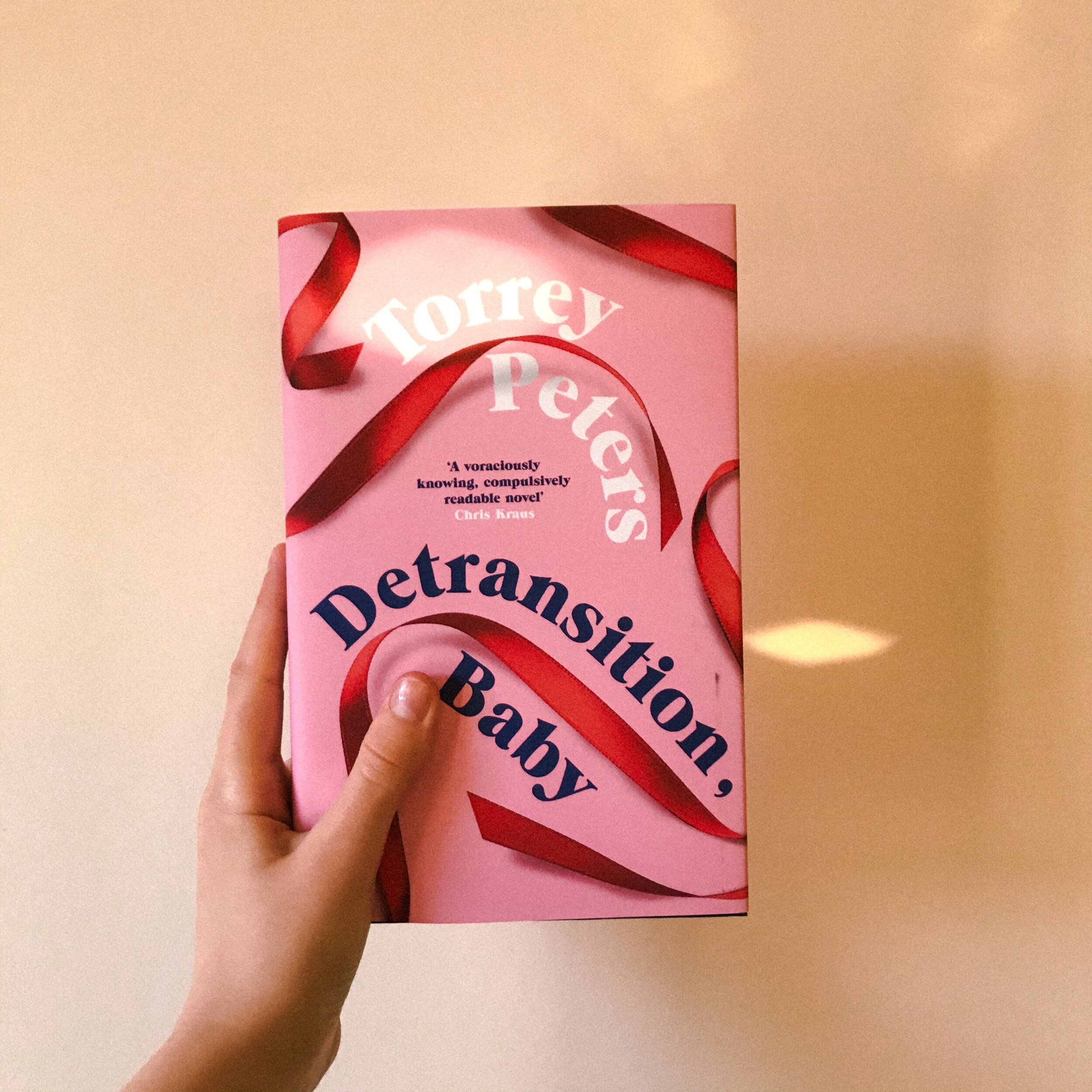
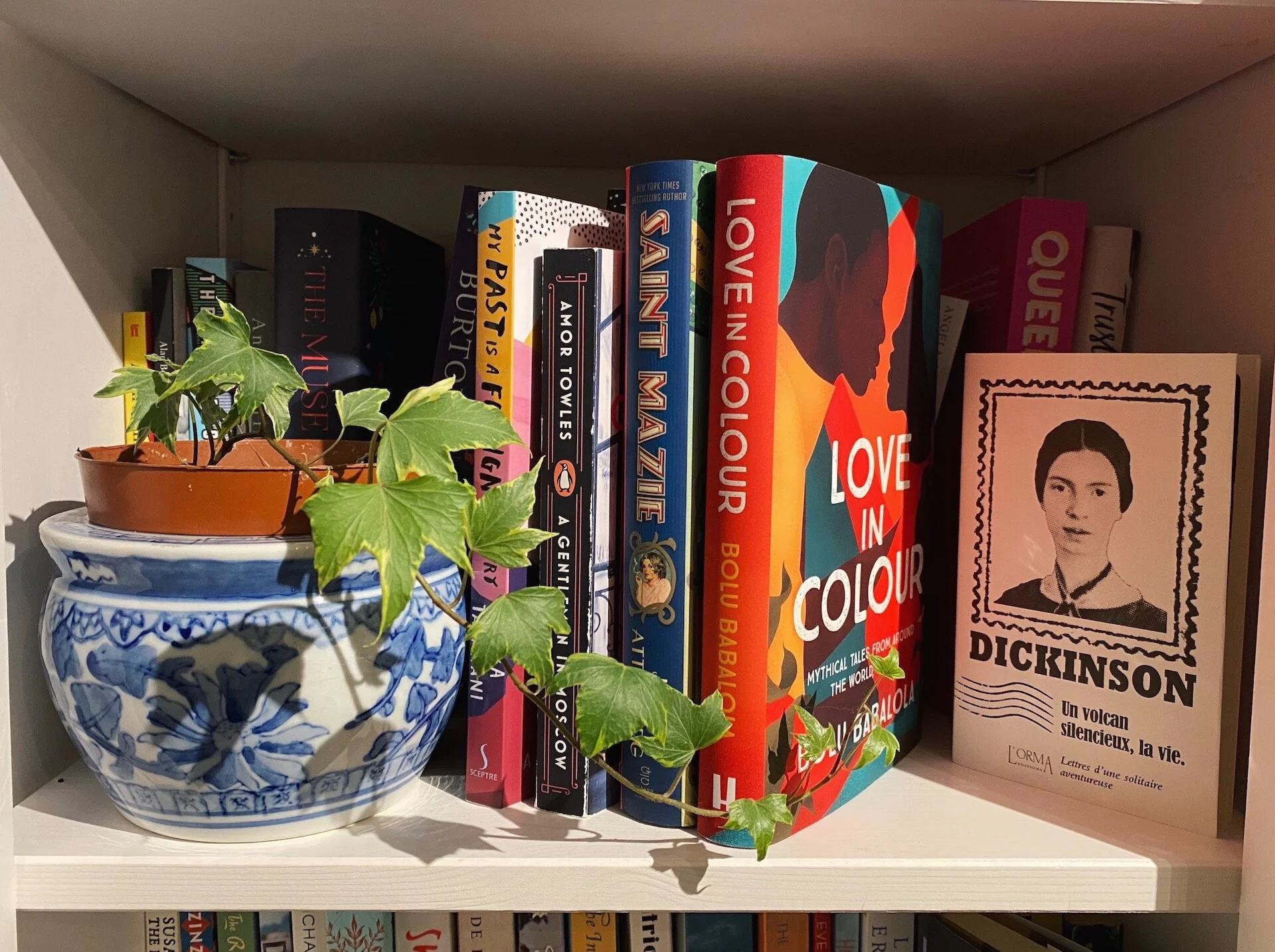
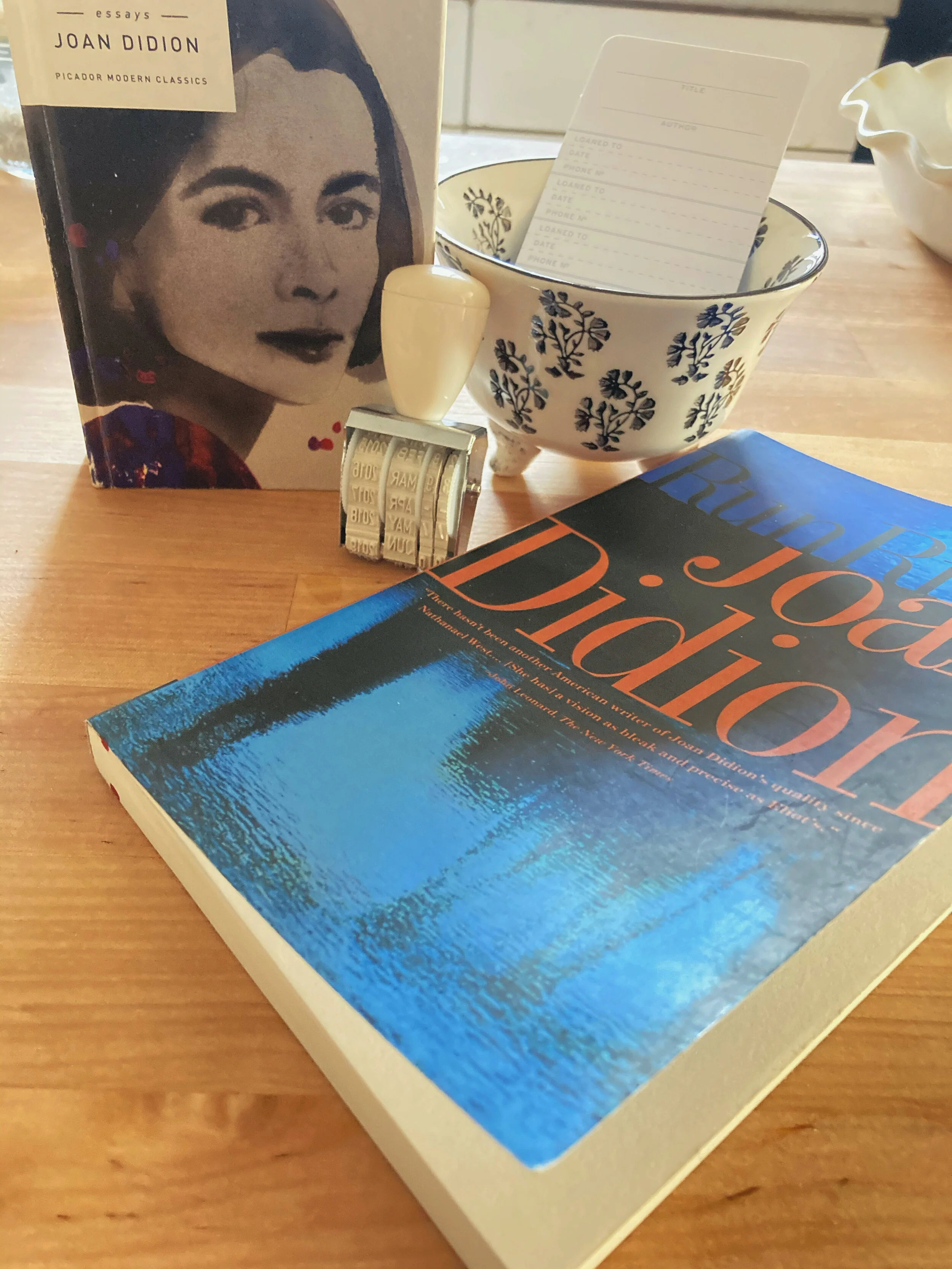
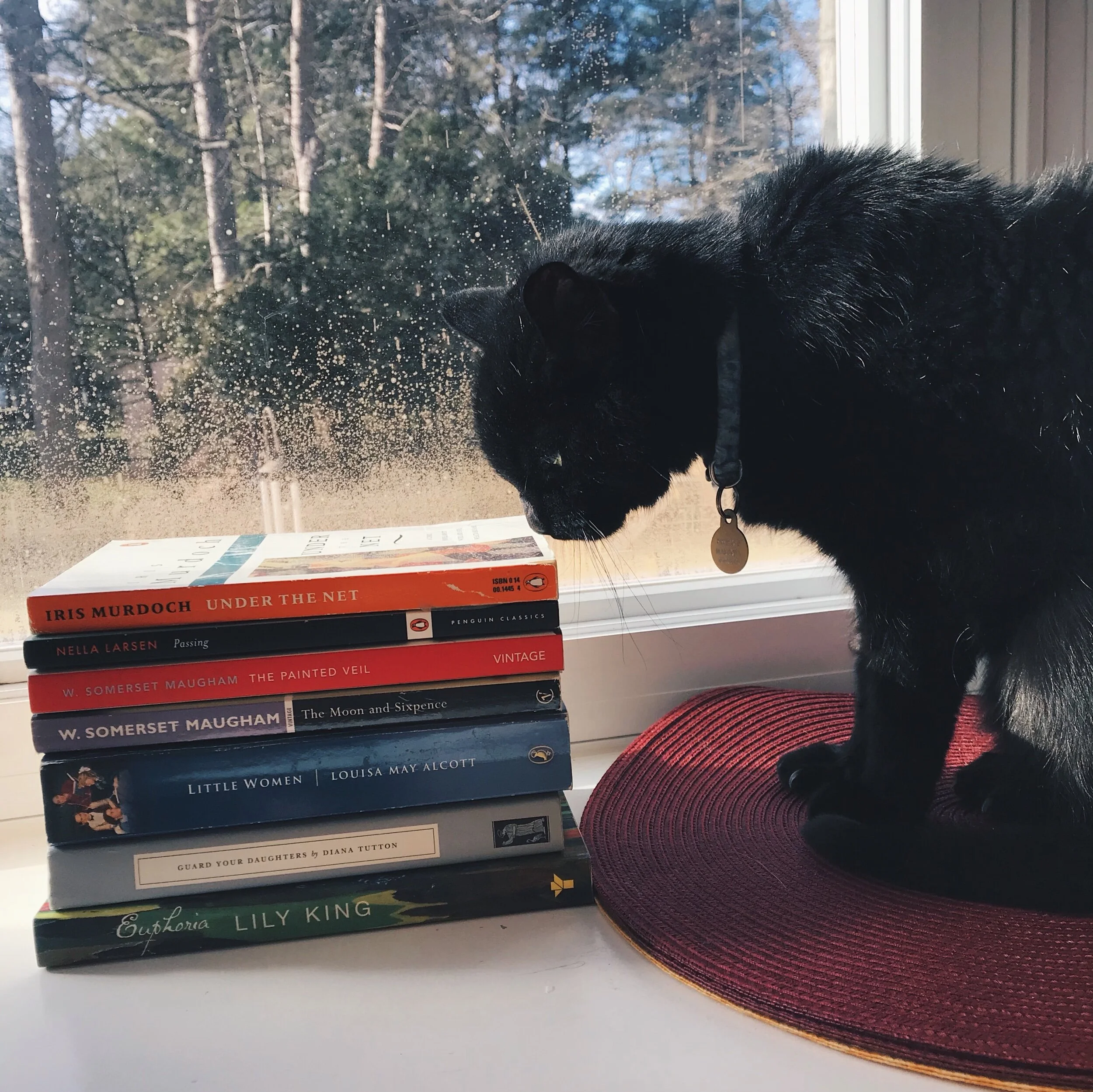


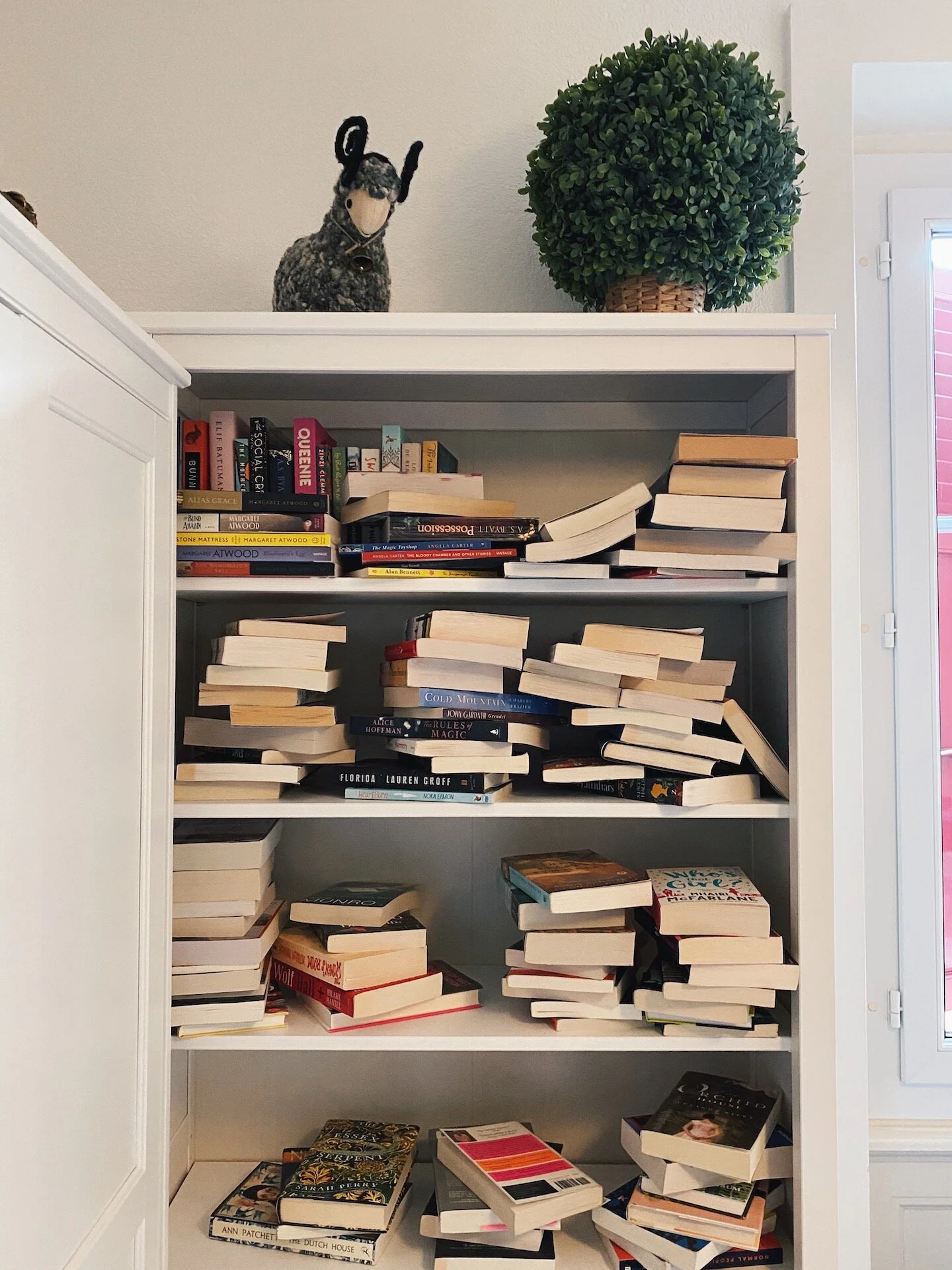
Reading Naoise Dolan’s Exciting Times and Katie Kitamura’s Intimacies, Rachel Tay explores the unease of moving away from one’s own country and language.